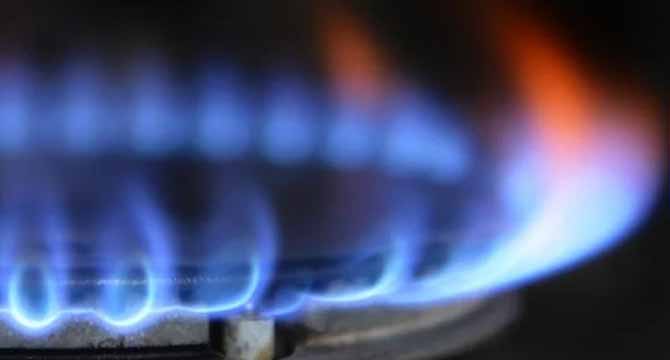KARACHI, April 5, 2023: Minister of State for Petroleum Musadik Malik said Wednesday that the masses cannot get gas 24/7, attributing a drop in the commodity’s reserves as a major reason.
Pakistan is highly reliant on natural gas for energy, and with rising demand and insufficient supply, loadshedding has become a daily occurrence in many areas of the nation.
This scenario worsens during Ramadan when Pakistanis use more gas for cooking and other reasons, especially during sehri and iftar timings.
But the minister, in conversation with journalists in Karachi, without giving an exact time, said the gas loadshedding would end during sehri and iftar. “We cannot provide gas 24 hours as our reserves have dropped.”
The issue of gas starvation in Karachi caught Prime Minister Shehbaz Sharif’s attention recently, and he directed relevant officials to ensure an uninterrupted supply of the commodity.
He said the process of supply of gas should be supervised and no negligence should be tolerated.
Owing to the widening gap between gas supply and demand, the Sui Southern Gas Company (SSGC) last week announced its decision to suspend supplies to captive power plants and industries.
The gas utility said that the decision has been taken considering the low supply of gas. It stated that due to a reduction in supply, the volume of gas in pipelines has decreased.
In response, the Karachi Chamber of Commerce and Industry (KCCI) called for immediate government action over the shortage of gas supply to Karachi industries, saying the industries could not function without gas and would be forced to halt production.
“It’s highly unfair to have such an attitude towards Karachi’s business community which, despite facing so many odds and challenges, contributes around 54% in terms of exports and more than 68% in terms of revenue,” KCCI president Muhammad Tariq Yousuf said.
Malik, while talking to journalists, said his visit to Karachi was based on resolving the gas supply issues that the people are facing and urged them to ensure payment of their utility bills.
“The gas bill of the rich and poor has been separated; rich people will have to pay more now,” the minister of state for petroleum said.

